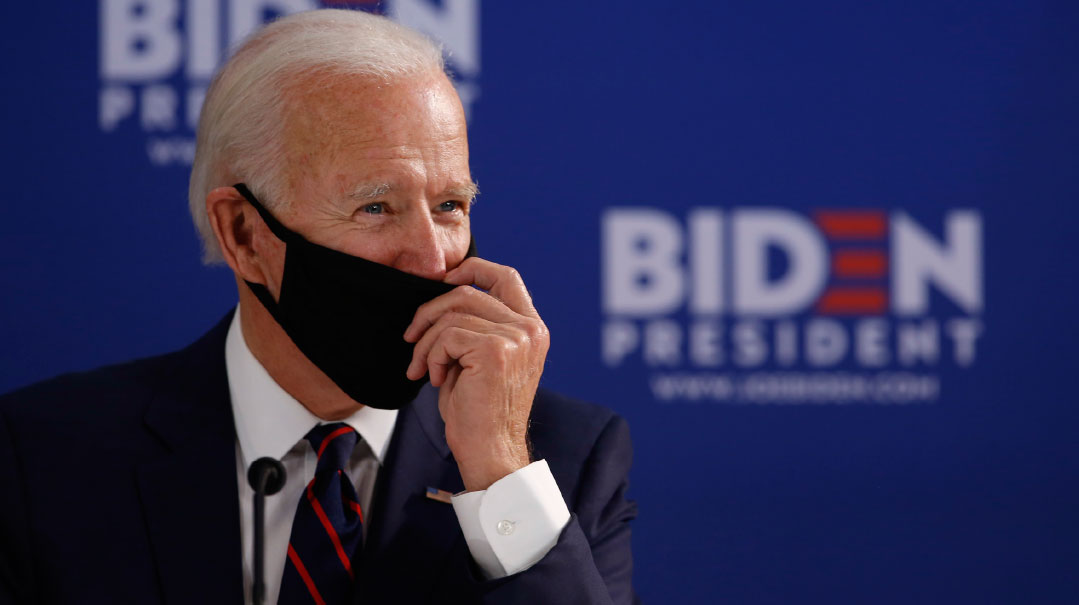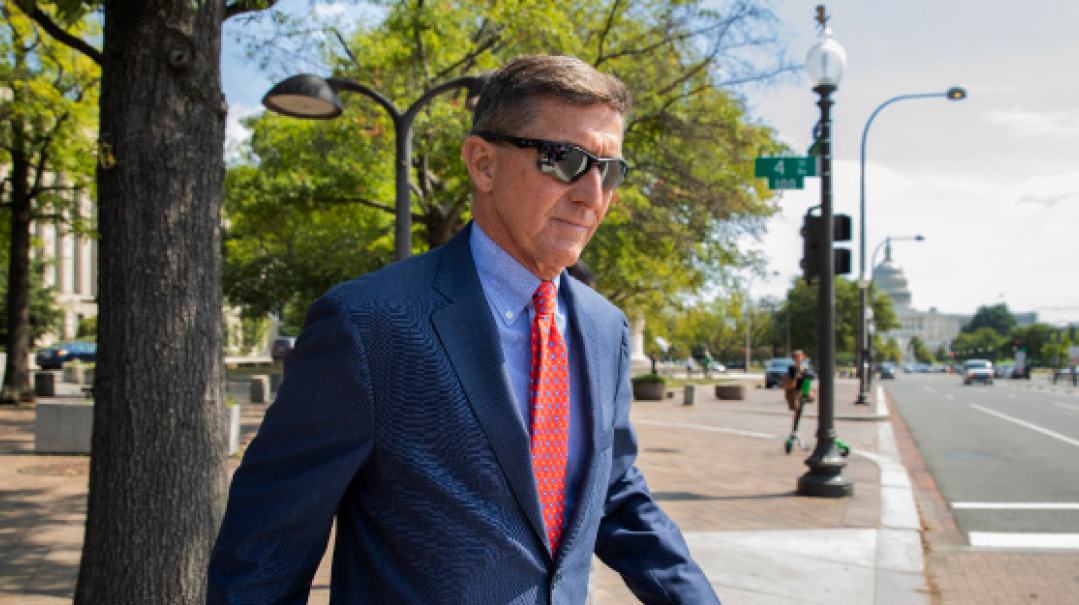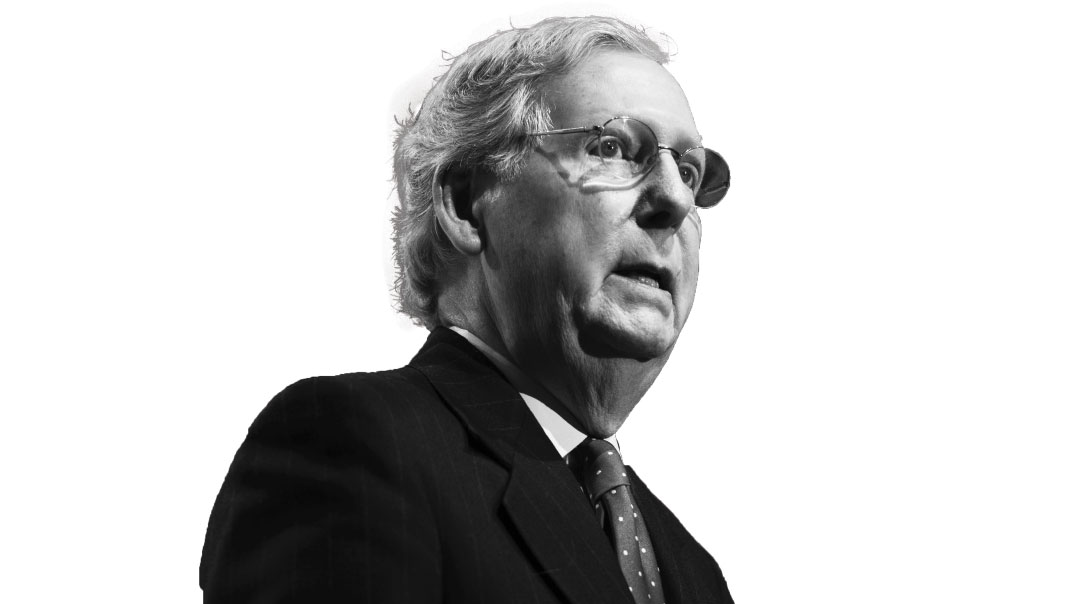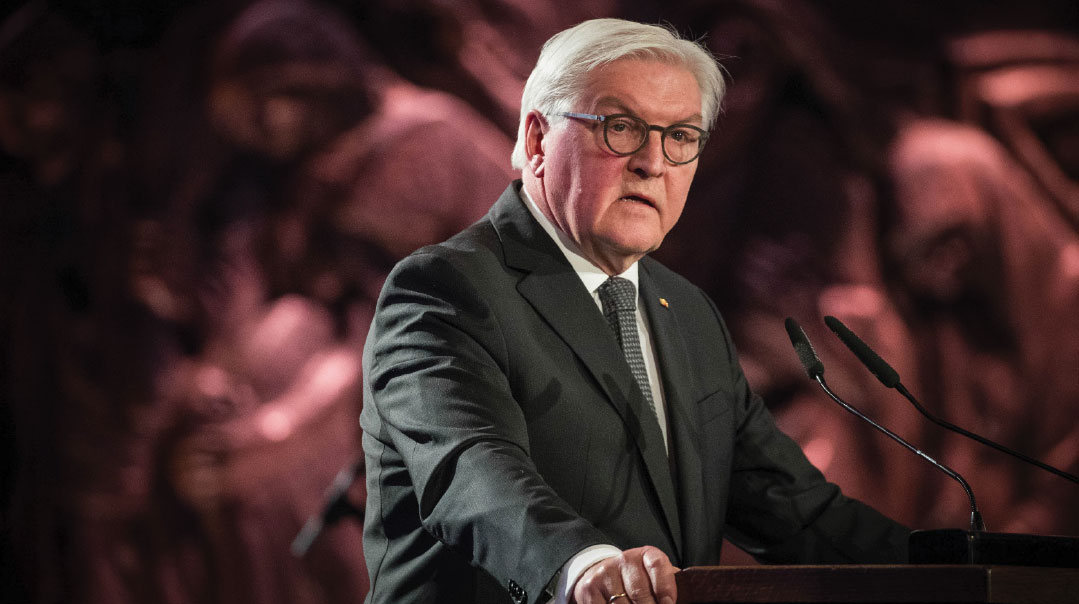White House Puts Squeeze on Iran


When President Trump announced in May that the United States would withdraw from the 2015 Iran nuclear deal, Iran’s leaders warned Washington of an “unpleasant” reaction while presenting a new list of demands to its European partners that included a guarantee they would buy Iranian oil and protect the country from US sanctions.
Since that time, the rial has lost 50 percent of its value, multinational corporations are abandoning Iran in droves, and street protests have erupted in which the demonstrators chant “death to the dictator” and not “death to Israel.”
Now the White House is set to impose a second set of sanctions on November 4. This round will target Iran’s oil sector and its central bank, as well as the Brussels-based financial messaging service SWIFT that allows Iran’s clients to send money to Tehran. In anticipation of the coming sanctions, the chairman of the Tehran City Council recently said that a “tsunami” of poverty is bearing down on the country. In the words of one former British official, the effect of the sanctions on the Iranian economy will be “catastrophic.”
The oil sanctions will be especially devastating. By the end of the year, Iran’s oil exports are expected to drop from 2.7 million barrels per day to 1.2 million, a significant blow in a country where oil accounts for 80 percent of exports.
Unlike in the Obama administration, which allowed Iran’s customers to gradually reduce their purchase of Iranian oil after sanctions were introduced in 2012, Trump is seeking to zero out the Iranian oil market immediately. Under the terms of the new sanctions, any country or entity buying Iranian oil after November 4 will lose its access to the US financial system. For most, the choice will be easy.
Richard Goldberg, a senior advisor at the Foundation for Defense of Democracies who has been working with the Trump administration on calibrating this latest round of sanctions, said in an interview with Mishpacha that the new strictures will have the effect of “collapsing” the regime’s economy.
“If August was like the little stepchild of sanctions, the big kahuna is in November,” said Goldberg, who, as an aide to Illinois congressman and senator Mark Kirk, helped draft some of the earliest sanctions on the Islamic Republic. “After November, the currency will drive down further in value and foreign exchange reserves will dry up. The regime will simply begin to run out of money.”
At which point, Goldberg said, the mullahs will face a stark choice: Negotiate with Trump or risk a national uprising. “[The regime] dumps billions of dollars into Syria [and] Hezbollah and still tries to fund a ballistic missile program,” Goldberg said. “The question for the regime will be how long it can keep moving the wheels forward.”
For now, he said, it’s too soon to tell what choice Iran’s leaders will make, and it will depend in part on how SWIFT board members react to the sanctions. If a large central bank in Europe, for example, bets the White House would never cut it off from the world’s largest economy for fear of sparking a global meltdown, it could continue doing business with Iran using SWIFT. “If SWIFT keeps the Central Bank of Iran connected and calls Trump’s bluff, Iran won’t need to talk,” Goldberg said. On the other hand, if the regime is truly isolated from the global economy with protests growing in the streets, “we should expect regime survival instincts to kick in.”
It’s also hard to gauge Trump’s true position, Goldberg said. “His opening bid is zero,” he said. “And nobody knows whether that is a Trumpian negotiating strategy or if Iran’s oil customers are about to find themselves in a lot of trouble. Sometimes Trump’s unpredictability works to his advantage in foreign affairs. This is one of those times.”
On May 23, Secretary of State Mike Pompeo laid out 12 requirements for a new nuclear agreement with Iran, points that include the regime ending its malign behavior across the Middle East, mothballing its ballistic missile program, and abandoning its nuclear ambitions.
Along with the oil and bank sanctions, it’s clear the White House is putting on the squeeze. Recent news that the United States, Israel, and Russia have agreed in principle to remove Iranian forces and proxies from Syria only increases the pressure.
It’s interesting to note the Iranians’ lifeline in the current scenario is Europe, led by Germany and France. The European Union insists that the 2015 Joint Comprehensive Plan of Action is working and that ending it puts the continent at greater strategic risk. But Goldberg points out that there’s a big difference between what the political leaders of Europe are saying and how European business leaders are acting. Just last week, German rail operator Deutsche Bahn said it would end its projects in Iran in anticipation of the November sanctions, joining a host of other large European conglomerates that have already pulled out, including French oil giant Total, German equipment manufacturer Siemens, and Danish shipping company Maersk.
In the end, it might just be that the mullahs love their power more than they love their nukes.
(Originally featured in Mishpacha, Issue 724)
Oops! We could not locate your form.







